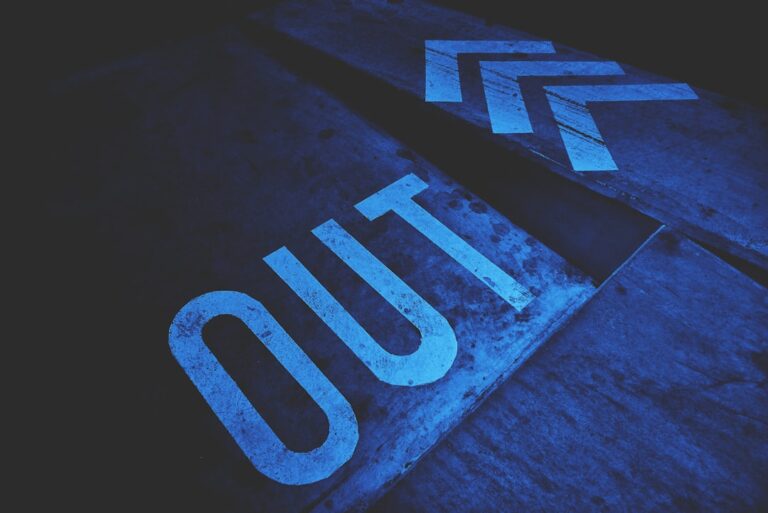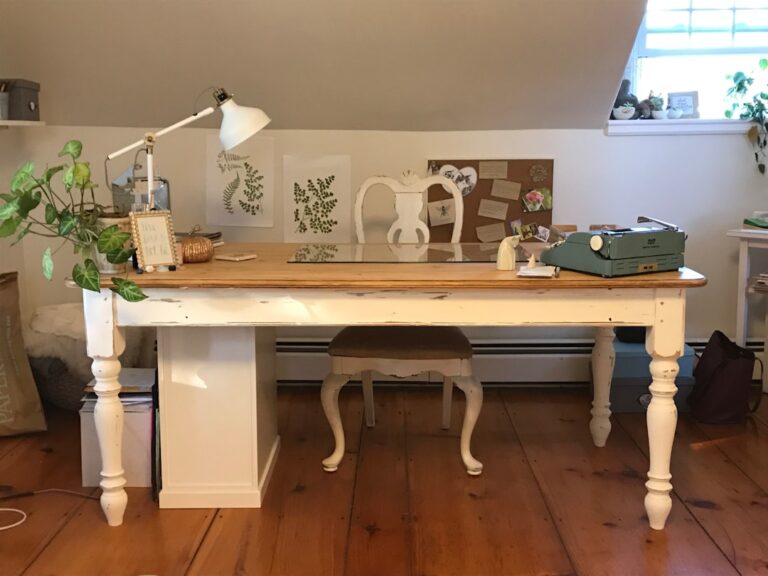
Ever feel like your brain has a million tabs open and you just can't seem to concentrate on one? Yeah I've been there more times than I can count. In a world buzzing with notifications and endless to-do lists finding your focus can feel like a real battle.
It wasn't too long ago that my focus was hijacked by things that weren't serving me. I'm talking hours lost to gaming a constant struggle with unhealthy eating habits and a general sense of drifting. Changing that felt overwhelming. But I learned that building focus isn't about some magical overnight fix. It's about small consistent changes and finding what truly works for you. If I could go from that to losing over 110 pounds and building a life I actually feel good about believe me you can sharpen your focus too.
So let’s talk about some real practical ways to get your concentration back on track.
Know Your "Why"
This one is huge. Seriously. If you don't know why you're doing something it's incredibly hard to stay focused on it. Is it just another task on a list or does it connect to a bigger goal a deeper value?
For me a big part of finding sustained focus came when I started to strengthen my Christian Orthodox faith. It gave me a much clearer sense of purpose. Suddenly even mundane tasks felt different because I could see how they fit into a bigger picture of living a more meaningful life. When your work aligns with your core beliefs or a significant goal you'll find a natural pull to concentrate.
- Action Tip: Before you dive into a task take a moment. Ask yourself: "Why is this important? How does this help me or others?" Connect it to something bigger.
Tame the Time Blocks
You've probably heard of working in focused bursts. There's a reason it's popular. Our brains aren't designed for hours and hours of unbroken intense concentration. We need breaks.
I used to think productivity meant chaining myself to my desk for 8 hours straight. Spoiler: it just led to burnout and a lot of wasted time staring blankly at the screen. Now I'm a big fan of short focused work sessions. Maybe it's 25 minutes then a 5-minute break. Or 45 minutes and a 10-minute break. Experiment and see what rhythm your brain likes. The key is that during that work block you are all in.
- Action Tip: Try setting a timer for a specific work period (e.g. 30 minutes). During that time commit to focusing only on the task at hand. No email checks no social media.
Vanquish Your Distractions
This sounds obvious right? But how often do we actually take control of our environment? Distractions are focus killers. Your phone buzzing the TV droning in the background clutter on your desk – they all pull your attention away.
When I was trying to break my gaming habit this was a game-changer. I had to make it harder to get distracted by the game. That meant moving the console out of sight for a while. The same principle applies to work. If your phone is your biggest distraction put it in another room or turn off notifications.
- Action Tip: Identify your top 2-3 distractions. What’s one small thing you can do today to reduce their power? Maybe it’s closing unnecessary browser tabs or finding a quieter spot to work.
Embrace Single-Tasking
We love to think we're amazing multitaskers. The truth? Our brains aren't really wired for it. When we "multitask" we're usually just rapidly switching between tasks. This constant switching drains mental energy and actually makes us less efficient and more prone to errors.
Focus on one thing at a time. Give it your full attention. You'll likely do it better and faster.
- Action Tip: When you start a task make a conscious decision to see it through before jumping to something else. If other thoughts or tasks pop up jot them down on a notepad to deal with later.
Tackle the Tough Stuff First
Ever heard the phrase "eat the frog"? It means doing your most challenging or least enjoyable task first thing in the morning. Why? Because that's often when your willpower and mental energy are at their peak.
Getting that big dreaded task out of the way creates a sense of accomplishment. It builds momentum for the rest of your day. Procrastinating on it just lets it hang over your head draining your focus for other things.
- Action Tip: At the end of your workday or first thing in the morning identify your "frog" for the next day. Commit to tackling it before anything else.
Take Real Breaks
And by real breaks I don’t mean switching from your work screen to your social media screen. Our brains need actual downtime to recharge. Get up stretch walk around look out the window grab a glass of water.
These short breaks can prevent mental fatigue and help you come back to your work refreshed and with renewed focus. Think of it like a mini reset button for your brain.
- Action Tip: Schedule short 5-10 minute breaks every hour or so. Step away from your workspace completely.
Fuel Your Focus Machine
Your brain is an organ. It needs the right fuel to perform optimally. This means good nutrition proper hydration and adequate sleep. When I was overweight and eating poorly my mental clarity suffered badly. Brain fog was a daily reality.
Making healthier food choices drinking enough water and prioritizing sleep made a massive difference not just for my physical health but for my ability to concentrate. You can't expect your brain to be sharp if you're running on empty or feeding it junk.
- Action Tip: Pay attention to how different foods affect your energy and focus. Aim to stay hydrated throughout the day and protect your sleep. Even small improvements here can have a big impact.
Create Your Focus Zone
Your environment plays a surprisingly big role in your ability to concentrate. A cluttered chaotic workspace can lead to a cluttered chaotic mind. A dedicated space for focused work signals to your brain that it's time to get down to business.
It doesn’t have to be fancy. A clean desk in a quiet corner can work wonders. The key is to make it a place associated with concentration not distraction.
- Action Tip: Spend 10 minutes tidying up your primary workspace. Remove anything that isn’t essential for the task at hand. See if it makes a difference to your mindset.
Improving your focus isn't about becoming a productivity robot. It's about learning to work smarter not just harder. It’s about creating space for the things that truly matter. It’s a skill you can build one small step at a time. I’m still learning every day but these techniques have made a world of difference in my life.
What’s one small change you could make this week to help yourself focus a little better? Pick one thing and give it a try. You might be surprised at what you can achieve.





